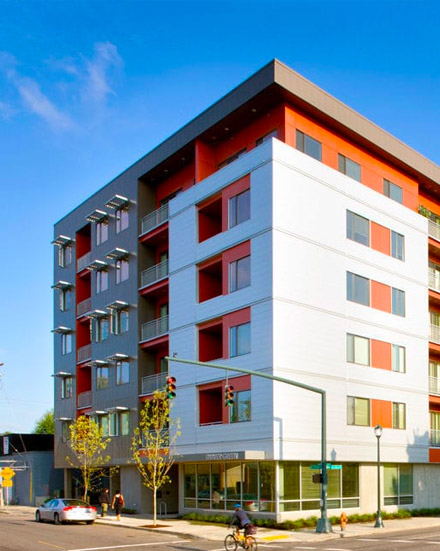Unlocking the Secrets of Real Estate in Nigeria: A Guide for Aspiring Investors
Introduction
Nigeria, with its bustling cities and growing economy, offers a wealth of opportunities in the real estate sector. From Lagos’s skyline to the serene landscapes of Abuja, the potential for investment is vast and varied. Whether you’re a seasoned investor or a novice looking to dip your toes into the property market, understanding the intricacies of real estate in Nigeria is crucial for making informed decisions.
Understanding the Market
The Nigerian real estate market is diverse, encompassing residential, commercial, and industrial properties. The key to successful investment lies in thorough research and understanding market trends.
- Residential Properties: This includes apartments, single-family homes, and estates. Lagos and Abuja are hotspots for high-end residential properties, while other cities like Port Harcourt and Ibadan offer more affordable options.
- Commercial Properties: Office spaces, shopping malls, and retail outlets fall into this category. The demand for commercial properties is on the rise, driven by Nigeria’s expanding middle class and entrepreneurial spirit.
- Industrial Properties: Warehouses, factories, and industrial parks are crucial for Nigeria’s growing manufacturing and trade sectors.
Key Factors to Consider
- Location: The importance of location cannot be overstated. Proximity to essential services, transportation, and economic hubs significantly influences property value.
- Title and Documentation: Ensure the property has a clear title and all necessary documentation. The Land Use Act governs land ownership in Nigeria, and it’s vital to verify the legitimacy of the title to avoid disputes.
- Market Trends: Keep an eye on market trends and economic indicators. For instance, areas with upcoming infrastructure projects or commercial developments often see a rise in property values.
Financing Your Investment
Financing can be a significant hurdle, but there are several options available:
- Mortgages: Several banks and financial institutions offer mortgage plans. It’s essential to compare interest rates, terms, and conditions to find the best deal.
- Cooperative Societies: Joining a cooperative society can provide access to funds pooled by members, often at lower interest rates than traditional banks.
- Private Investors and Partnerships: Collaborating with private investors or entering into partnerships can spread the financial burden and risks.
Legal Considerations
Navigating the legal landscape of real estate in Nigeria requires careful attention:
- Legal Representation: Engage a qualified real estate lawyer to guide you through the transaction process and ensure all legal requirements are met.
- Property Valuation: Obtain a professional valuation of the property to ascertain its true worth.
- Due Diligence: Conduct thorough due diligence, including verifying the property’s history, current status, and any potential legal encumbrances.
Challenges and Solutions
- Fraud and Scams: Real estate fraud is prevalent. Always verify the identity of the seller and the authenticity of the property documents.
- Infrastructure Deficits: Some areas may lack essential infrastructure like roads, electricity, and water supply. Consider these factors when choosing a property.
- Economic Fluctuations: The Nigerian economy is subject to fluctuations that can impact property values. Diversify your investment portfolio to mitigate risks.
Future Prospects
The future of real estate in Nigeria looks promising, with increasing urbanization, a growing population, and government initiatives aimed at improving infrastructure and housing. Investors who take a strategic approach, backed by thorough research and professional advice, stand to reap substantial rewards.
Conclusion
Real estate investment in Nigeria is not for the faint-hearted, but with the right knowledge and tools, it can be a highly lucrative venture. By understanding the market, considering key factors, securing appropriate financing, adhering to legal requirements, and anticipating challenges, you can unlock the immense potential of the Nigerian real estate market.
Ready to take the plunge? Start your journey with confidence and make informed decisions that will pave the way for a successful real estate investment in Nigeria.
Feel free to share your thoughts or questions in the comments section below. We’re here to help you navigate the exciting world of Nigerian real estate!



